|
Sources of Help and Information:NHS Five Steps to Mental Wellbeing – This is the inspiration behind our ‘Isca Six Steps to Wellbeing’. You can click on the links behind each section for more information: www.nhs.uk/conditions/stress-anxiety-depression/improve-mental-wellbeing/
MindEd – Are you a parent or carer who is concerned about the mental health of your child or teenager? Do you just want some hints and tips on parenting? MindEd for Families has advice and information from trusted experts and will help you to understand what problems occur, what you can do to best support your family, and how to take care of yourself. MindEd for Families is written by a team of specialists and parents, working together. www.minded.org.uk Devon County Council – Healthy and Active. A wealth of information for parents and young people on staying active, alcohol and drugs, cycling, mental health and wellbeing and sexual health. www.devon.gov.uk/navigation/healthy-and-active Devon County Council – Care and Health. Access information about helping people with mental health needs to find support. www.devon.gov.uk/care-and-health/mental-health Family Lives – is a national family support charity providing help and support in all aspects of family life. We’re here for you. We listen, support and never judge. We believe that happy children come from happy families. www.familylives.org.uk The Charlie Waller Memorial Trust – has free resources for parents and professionals and others interested in depression, mental and emotional wellbeing including an emotionally healthy approach to GCSEs, social media and teenagers and self-harm. www.cwmt.org.uk/resources Childline – www.childline.org.uk/ – Free help and advice for under 19’s. Childline for Younger Children – Childline has launched a website aimed at children under the age of 12. This provides a range of age appropriate content and includes games and therapeutic tools for young visitors to play and express how they are feeling. www.childline.org.uk/kids Anna Freud National Centre for Children and Families – Self-care is about the things we can do to look after our own mental health. Young people say that when they are struggling they are usually told to see a professional. They don’t often get much advice about how they could help themselves. This organisation spoke to professionals and looked at academic research, then drew up a list of strategies young people use. www.annafreud.org/on-my-mind/self-care Mind Matters (NHS) – Having good mental health helps us relax more, achieve more and enjoy our lives more. There are simple things we can all do to look after our mental health and wellbeing – take the quiz to get started with a free plan, expert advice and practical tips. www.nhs.uk/oneyou/every-mind-matters Mind – for better mental health. Local Mind services include talking therapies, crisis helplines, drop-in centres, employment and training schemes, counselling and befriending. https://www.mind.org.uk/information-support/local-minds/ Alumina is Self-Harm UK’s online based support group. They offer live online group meetings and an on-demand service to help young people recover from and manage their self-harm. www.selfharm.co.uk/alumina Doc Ready – helps you get ready for the first time you visit a doctor to discuss your mental health. http://www.docready.org/#/home Find Get Give – is an online mental health and wellbeing information website, aimed at young people (13-25) and their families/carers. The website provides a wealth of online resources – from apps, websites and self-help guides, to support young people to manage their mental health and wellbeing concerns. www.findgetgive.com The Mix – the UK’s leading support service for young people. We are here to help young people take on any challenge their facing – from mental health to money, from homelessness to finding a job, from break-ups to drugs. Talk to us via online, social or our free, confidential helpline (Freephone 0808 808 4994) www.themix.org.uk MindShift – will help young people learn how to relax, develop more helpful ways of thinking, and identify active steps that will help them take charge of their anxiety. Specific tools also for e.g. Perfectionism• Social Anxiety• Performance Anxiety. https://healthyyoungmindspennine.nhs.uk/resource-centre/apps/mindshift/ Kooth – kooth.com – Free online support Young Devon – www.youngdevon.org/ – Young person support in Devon LGBTQ Youth Devon – www.lgbtqyouthdevon.org.uk/ – LGBTQ+ sessions that run locally Mind – www.mind.org.uk/ – Leading mental health charity Asking for HelpTalking about problems is the best way to get the support. Often, someone else can help you see things differently. They can help you change things that are upsetting you, or give you new ideas to cope. Once you tell someone, they can be there for you in the future too. From the Childline Website: www.childline.org.uk/info-advice/bullying-abuse-safety/getting-help/asking-adult-help From the Charlie Waller Memorial Trust Website: How Can I ask for Help? The Child and Adolescent Mental Health Service (CAMHS) assess and treat children and young people up to the age of 18 (and their families), who show signs of mental health difficulties. CAMHS website: https://childrenandfamilyhealthdevon.nhs.uk/camhs/ Wellbeing During ExamsWe all know that exams can be an extremely challenging and stressful time. If you’re struggling to manage your mood or anxiety levels, don’t keep it to yourself. Friends and family members can be a great source of support, as well as your teachers and support staff. These websites have lots of advice on taking care of yourself during revision, examinations, and waiting for the results: Whether you’re revising, waiting for your exam results, prepping for a job interview or just feeling a bit stressed, we’ve asked those who’ve been through it to share their wisdom. While revising for exams, we are often advised to take time out and look after our mental health but how can we do this? Our activist, Rose, shares her favourite ways. The Mind Set – YoungMinds is working in partnership with BBC Learning to launch The Mind Set, the UK’s first national peer-to-peer coaching network for GCSE students. The Mind Set provides information and support on how to manage exam stress. Advice comes from 12 trusted student coaches who have been through it before. They have made videos about their experiences, including about looking after their mental health, and they have also shared their stories with listeners on Radio 1’s Live Surgery. Useful Apps Calm Harm – provides tasks that help young people resist or manage the urge to self-harm. You can add your own tasks too and it’s completely private and password protected. Stay Alive – a suicide prevention resource, packed full of useful information to help you stay safe. You can use it if you are having thoughts of suicide or if you are concerned about someone else who may be considering suicide. Self-help for Anxiety Management (SAM) will help young people to understand what causes their anxiety, monitor their anxious thoughts and behaviour over time, and manage their anxiety through self-help exercises and private reflection.
1 Comment
|
|
CONTACT
South Tawton Primary School, Tawton Lane, South Zeal, Okehampton, Devon, EX20 2LG Tel: 01837 840242 Email: admin@southtawton.org.uk |
© COPYRIGHT 2020 DARTMOOR MULTI ACADEMY TRUST. ALL RIGHTS RESERVED | Website design by brightblueC and Alex Thomas Design | Privacy notice

 RSS Feed
RSS Feed

